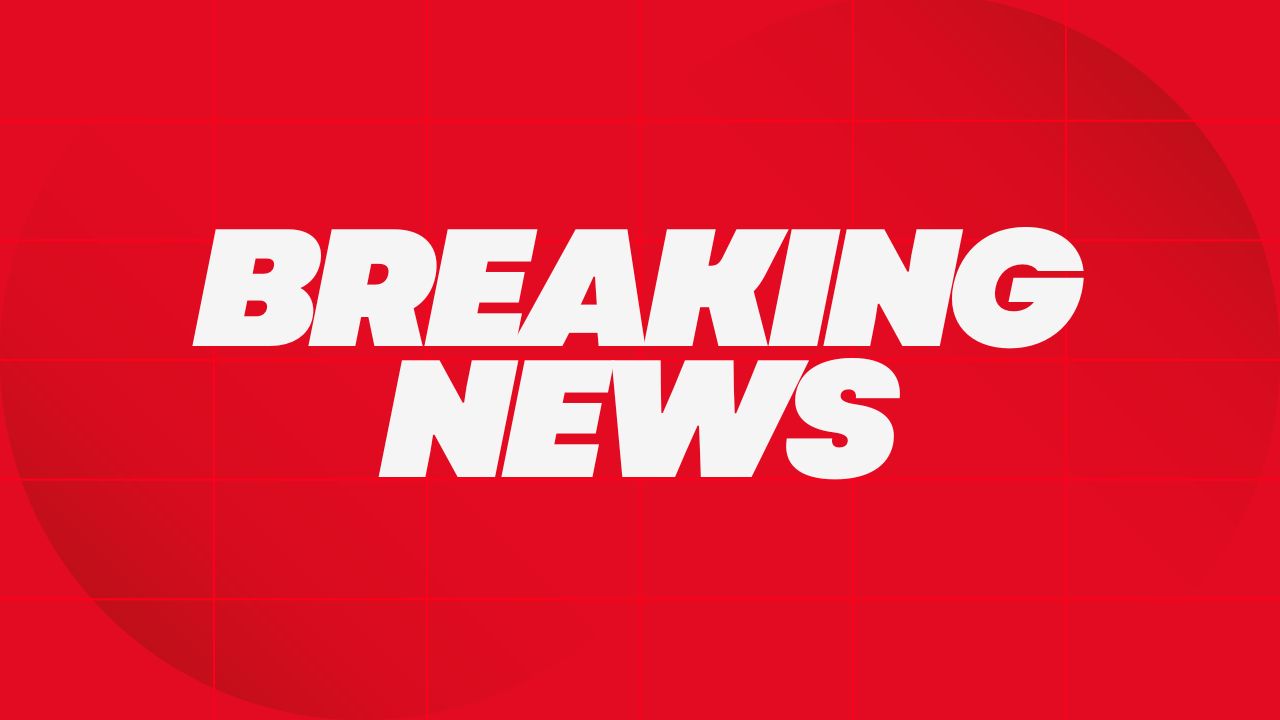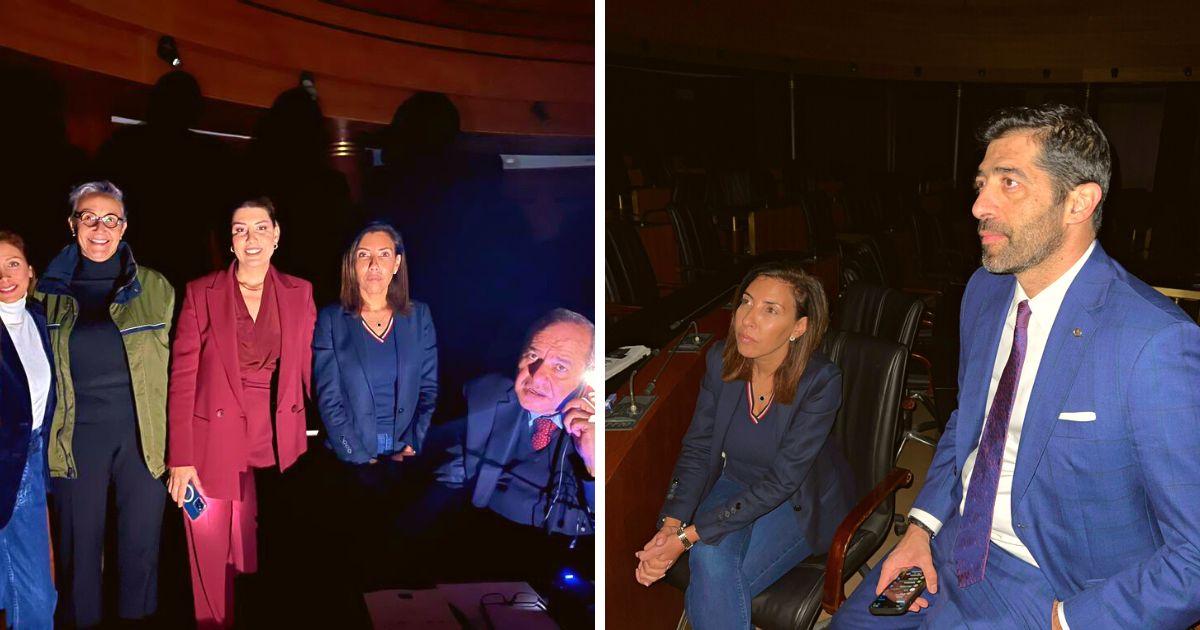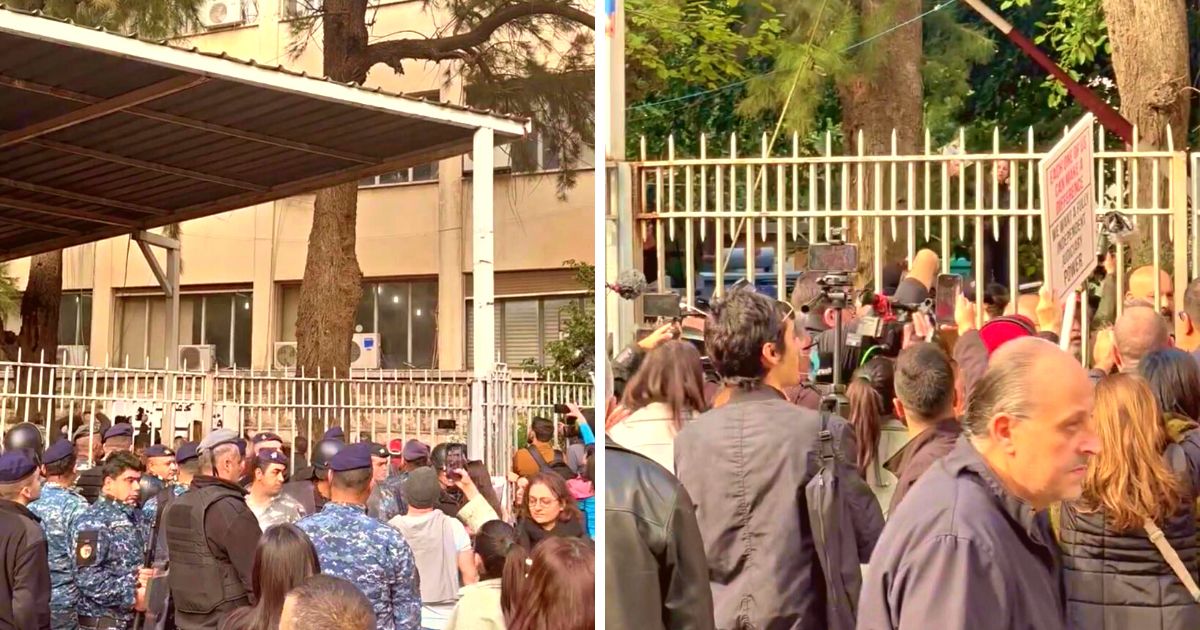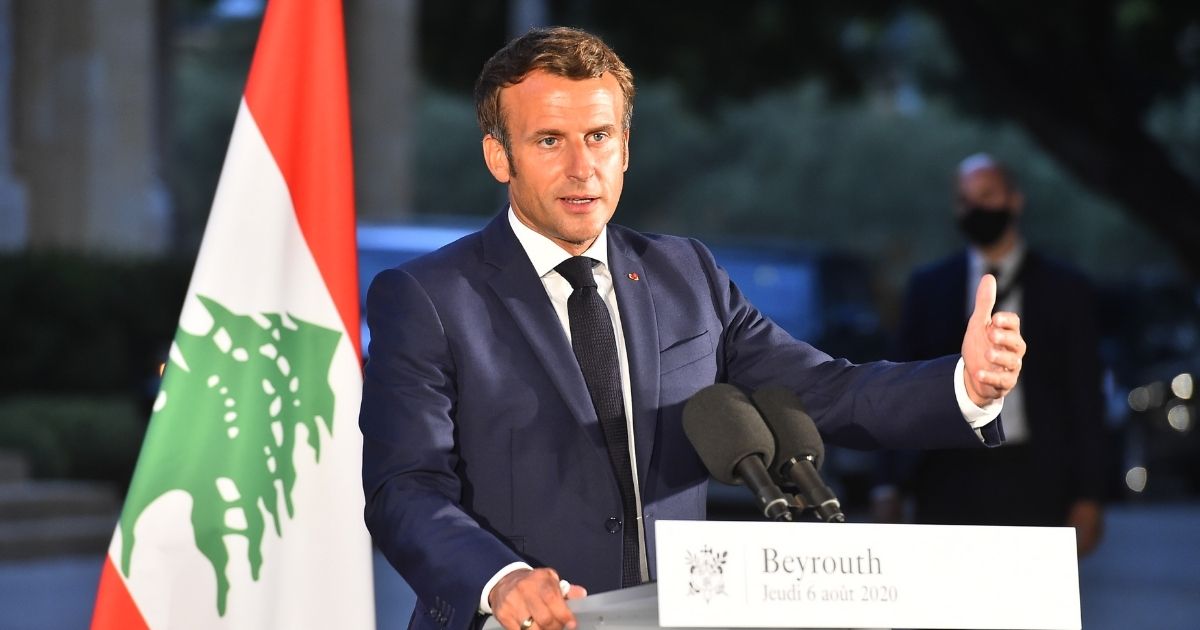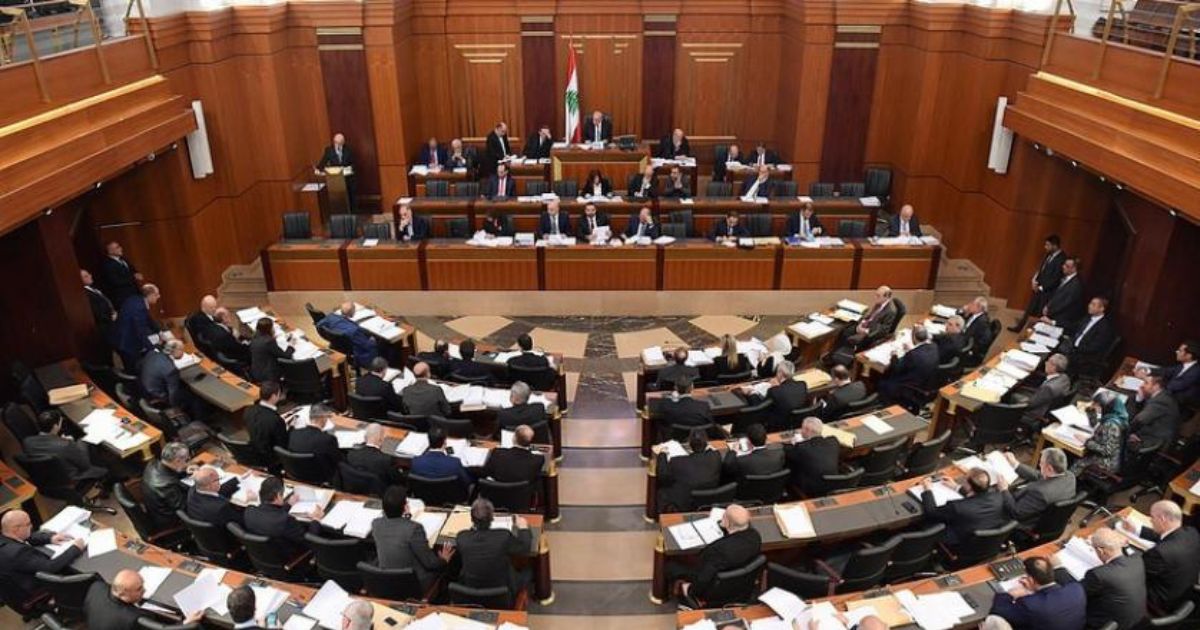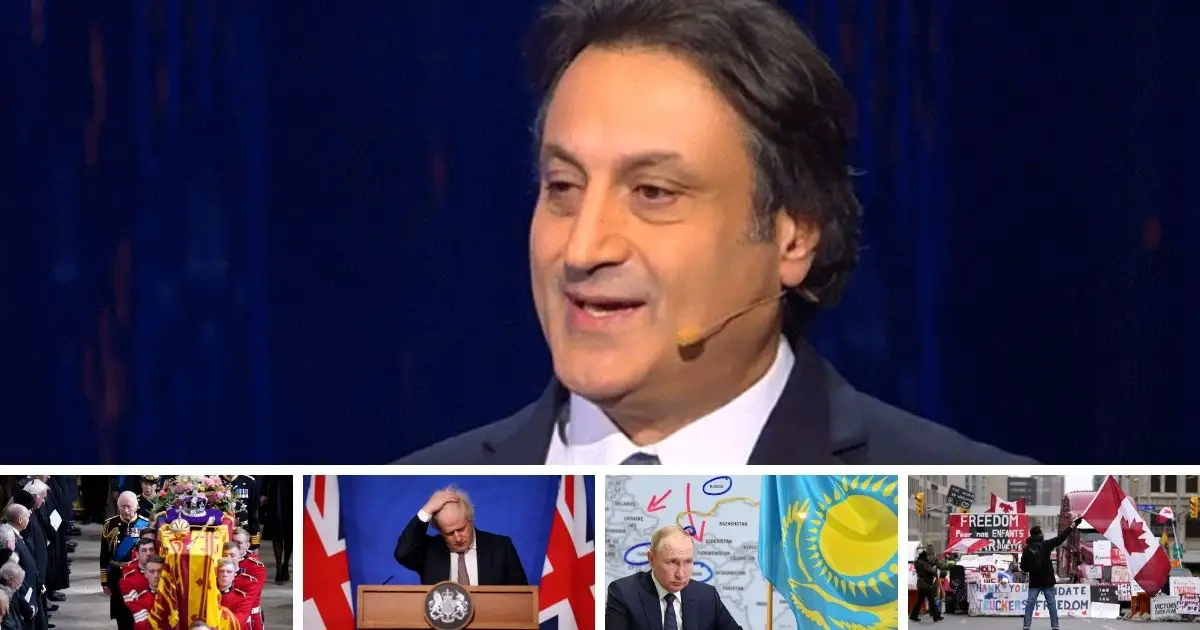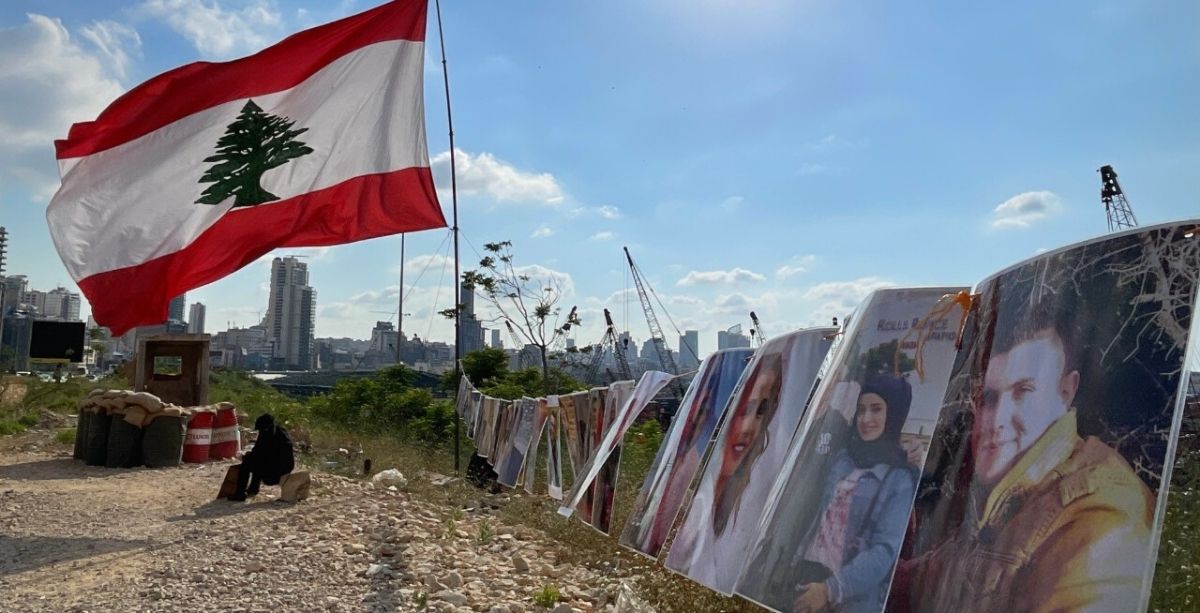“You can’t draw a straight line with a sawtooth ruler. On one side, we want to fight corruption and have a functional government and institutions and, on the other, we are using the same tools and methods that led the country to the current situation.”
That was Melhem Khalaf‘s statement to the group of the USJ political sciences that met with him to discuss the launch of a roadmap that will put an end to Lebanon’s crisis.
For the head of the Beirut Bar Association, the politicians and involved parties “should have some humility and recognize their mistakes, to start going forward.”
Khalaf noted that there were some very qualified experts in Hassan Diab’s government but they were “crushed by the system.”
When asked about his participation with the government, he shared that he has been solicited but didn’t want to leave his responsibilities with the Beirut Bar Association.
Since his election, and especially after the August 4th explosion, he started working with lawyers to come up with solutions to the crisis and they have come up with a suggested roadmap.
“It’s a step by step plan to halt the collapse as our society is sliding into destitution and misery,” he said. “Misery is worse than poverty because we are losing our dignity.”
The main objective of the roadmap is to reconstruct a powerful governing body.
According to Khalaf, the first step is to start by establishing a government of “capable independents” with two objectives.
First, take fast decisions to create a social security net on the alimentary and sanitary levels, as well as addressing the elderly needs. “These are our priorities, especially when we look at the destitute belts surrounding the big cities”.
They will also address long term measures regarding Covid-19. Then, they will tackle the “necessary reforms in all the sectors, without going into endless discussions.”
To be able to act fast, Khalaf says, this new government should have exceptional legislative prerogatives, limited in time and range. A senate should be elected on a confessional basis to reassure the communities and religious identities.
“Our choice is that of a nation. We are not changing the fundamentals,” Khalaf said.
Once the Senate is adopted, it will work on a new electoral law, without taking into account any confessional and religious matters. Elections can then be held, and they should result in a new class of people’s representatives, in all legality and legitimacy.
The second step will start after the elections and will be the formation of a new government tasked with consolidating the reforms and implementing an administrative decentralization, accompanied by a national solidarity fund between all regions to reduce the disparities and inequalities.
At the same time, there should be a new law on political parties that will need to have a national dimension, non-sectarian and non-regional. There should also be a national commission tasked with studying the constitution and civic code.
All of this should be geared towards a citizen-state built around solidarity.
“In that instance, the sect or community will not be the mediator between the state and the citizen anymore, and the Senate will preserve the communities,” Khalaf explained.
Khalaf revealed that this roadmap has been submitted to professional associations, the country’s major universities, and to religious leaders. Even President Macron has been made aware of it. It is an internal initiative that doesn’t exclude anyone but doesn’t leave place for foreign intervention.
When asked if this roadmap will be submitted to political parties, Khalaf answered: “No, we will not negotiate with them. We can find indirect ways to communicate with them.”
When the topic of Hezbollah‘s weapons was brought into the equation, Khalaf stated that “the Lebanese army is the solution. It needs to be deployed on all the [Lebanese] territory and be capable of defending it. We will then be able to thank Hezbollah for their services and tell them that it is now time for all the Lebanese to defend our country.”
For Khalaf, a different approach is needed on all matters.
“We need to build a country in the image of our society, not in the image of the politicians that failed us,” Khalaf noted. “Let’s look at our country for the next 100 years and let’s take small steps towards a big project, without excluding anyone and without any violence.”


